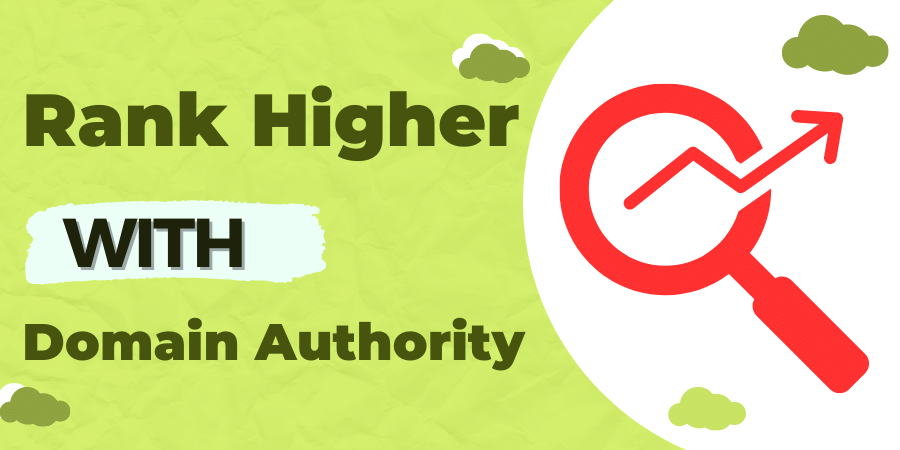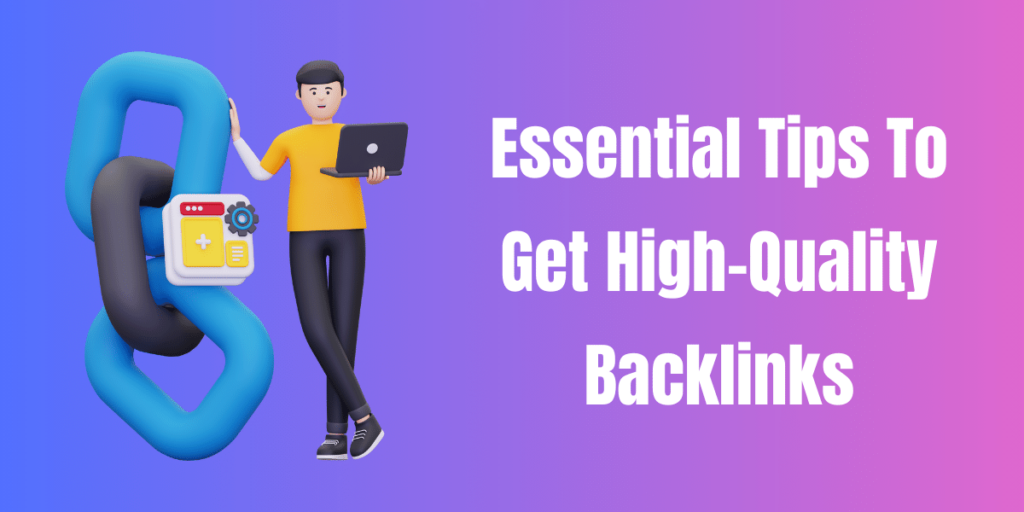
Ever wondered why some websites seem to rule the search engine results pages (SERPs), while others struggle to get noticed? There are many factors at play, but one important piece of the puzzle is domain authority (DA).
Think of it as your website’s reputation in the eyes of search engines like Google. The higher your DA, the more likely you are to rank higher in search results.
Table of Contents
What is Domain Authority?
Domain Authority is a metric developed by Moz, an SEO software, that quantifies how likely a website is to rank in search engine results.
It is based on a 100-point scale and takes into account factors such as the age of the domain, the number of inbound links, and the quality of those links.
The higher the score, the better chance a website has of ranking on Google.
How to increase domain authority?
So, how do you increase your domain authority and unlock those SEO superpowers? Let’s delve into some effective strategies to boost your website’s authority and climb the search engine ladder!
Here’s the lowdown on what matters most for domain authority:
-
High-Quality Content is King (and Queen): Search engines love informative, valuable content that keeps users engaged. Focus on creating content that solves your audience’s problems, answers their questions, and keeps them coming back for more. Think in-depth blog posts, engaging infographics, or helpful video tutorials.
-
Backlink Bonanza! Backlinks are essentially like votes of confidence from other websites. When a high-authority website links to your content, it tells search engines that your website is trustworthy and credible. The more high-quality backlinks you have, the higher your DA will soar.
-
Technical SEO: Don’t Neglect the Basics! While backlinks and content are crucial, don’t forget the technical aspects of your website. Make sure your website is mobile-friendly, loads quickly, and has a clear and logical structure. Search engines appreciate a user-friendly experience too!
-
Social Media Buzz: It All Counts! Social media might not directly impact DA, but it can indirectly help. By actively engaging on social media platforms and promoting your content, you can attract more visitors to your website, which can ultimately lead to more backlinks and higher DA.
Here are some additional tips to keep in mind:
- Focus on building relationships with other websites in your niche. Guest blogging on relevant websites is a great way to earn backlinks.
- Optimize your website for relevant keywords. This will help search engines understand what your website is about and improve your chances of ranking for those keywords.
- Be patient! Building domain authority takes time and consistent effort. Don’t get discouraged if you don’t see results overnight.
By following these strategies and creating a website that’s valuable, informative, and technically sound, you’ll be well on your way to boosting your domain authority and achieving SEO success!
Frequently Asked Questions (FAQ)
- What is a good domain authority score?
There’s no magic number, but generally, a DA score above 50 is considered good, and a score above 60 is excellent.
- How can I check my domain authority?
There are several free online tools that can check your domain authority, such as Moz or Ahrefs.
- Can I buy backlinks?
It’s not recommended. Search engines can penalize websites that engage in black-hat SEO tactics like buying backlinks. Focus on earning backlinks naturally through high-quality content.
- What if I’m just starting out? Does domain authority matter?
Yes, domain authority matters even for new websites. While it might take some time to build up your DA, focusing on the strategies mentioned above will lay a solid foundation for long-term SEO success.
I hope this helps! Remember, increasing domain authority is a journey, not a destination. Keep creating awesome content, building relationships, and optimizing your website, and you’ll be well on your way to SEO domination!








